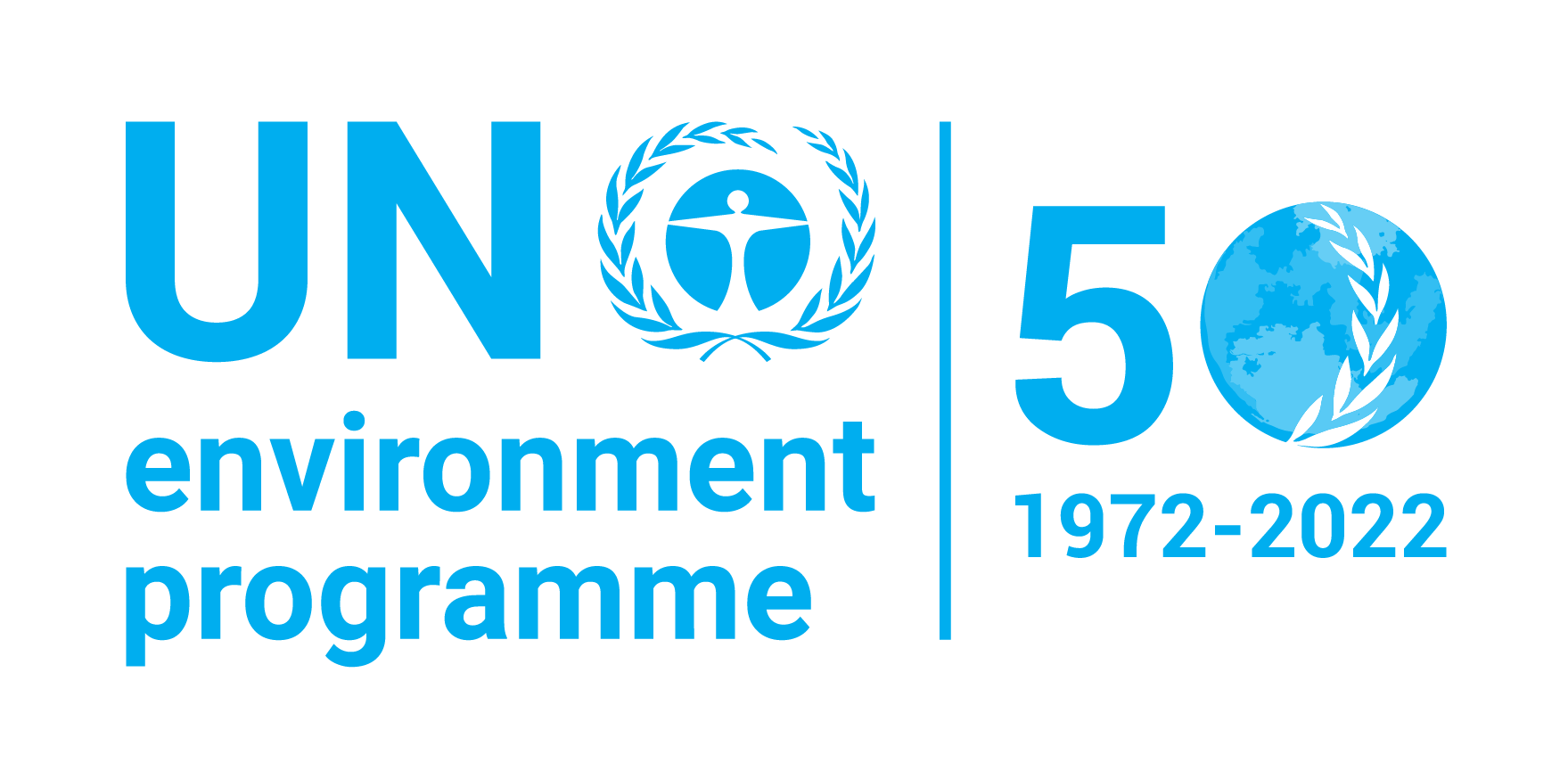| dc.contributor.author | United Nations Environment Programme | |
| dc.coverage.spatial | Afghanistan | |
| dc.date.accessioned | 2016-10-11T19:58:35Z | |
| dc.date.available | 2016-10-11T19:58:35Z | |
| dc.date.issued | 2003 | |
| dc.identifier.isbn | 92-1-158617-8 | |
| dc.identifier.uri | http://hdl.handle.net/20.500.11822/7656 | |
| dc.description | UNEP’s post-conflict environmental assessment illuminates Afghanistan’s current levels of degradation, and sets forth a path that the country can take towards sustainable development. It warns us of a future without water, forests, wildlife, and clean air if environmental problems are not addressed in the reconstruction period. | |
| dc.language | English | |
| dc.publisher | UNEP | |
| dc.rights | Public | en_US |
| dc.subject | environmental impact assessment | |
| dc.subject | air quality | |
| dc.subject | sewage | |
| dc.subject | water supply | |
| dc.subject | natural resources | |
| dc.subject | forests | |
| dc.subject | protected areas | |
| dc.subject | envioronmental policy | |
| dc.subject | environmental education | |
| dc.subject | waste | |
| dc.subject | chemicals | |
| dc.subject.classification | Disasters and Conflicts | |
| dc.subject.classification | Environmental Governance | |
| dc.title | Afghanistan: Post-conflict Environmental Assessment | |
| dc.type | Reports and Books | |
| wd.identifier.old-id | 12137 | |
| wd.identifier.sdg | SDG 16 - Peace, Justice and Strong Institutions | |
| wd.identifier.sdgio | http://purl.unep.org/sdg/SDGIO_00000050 | |


